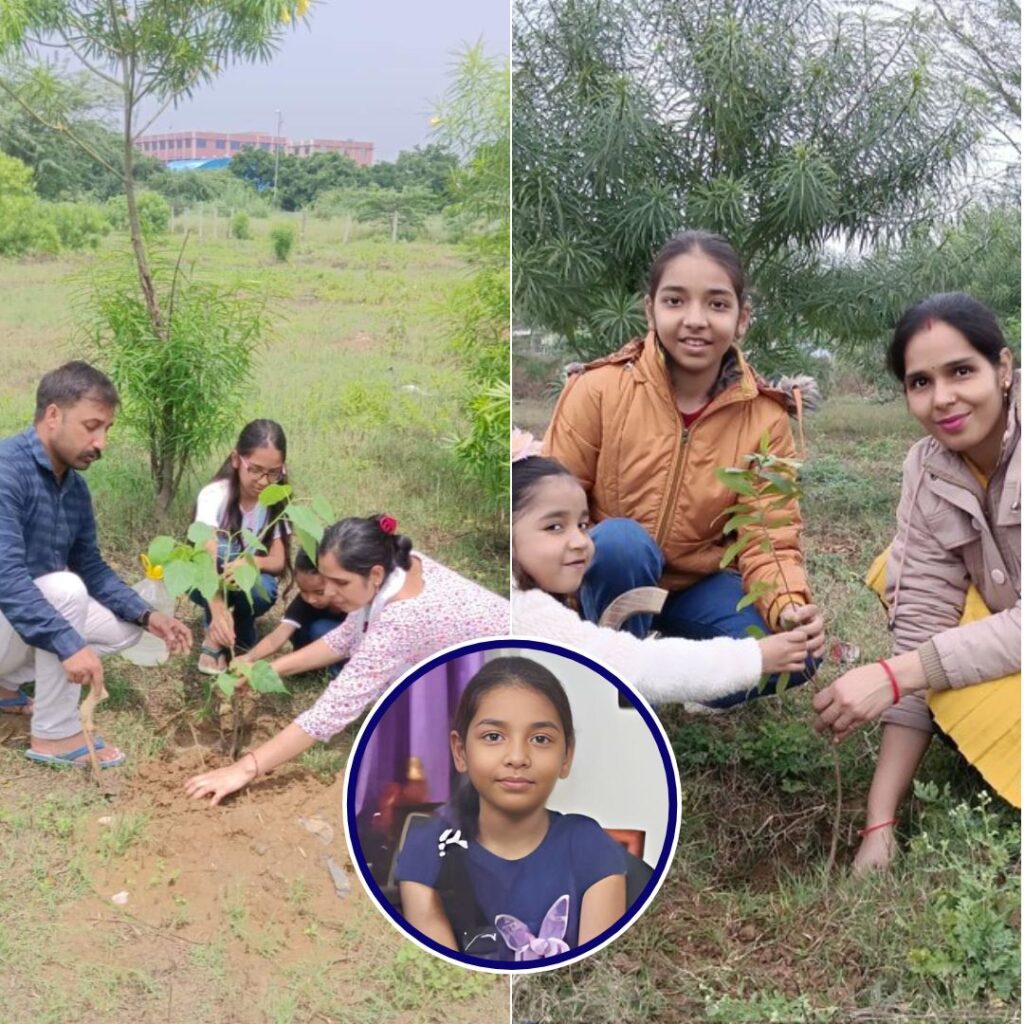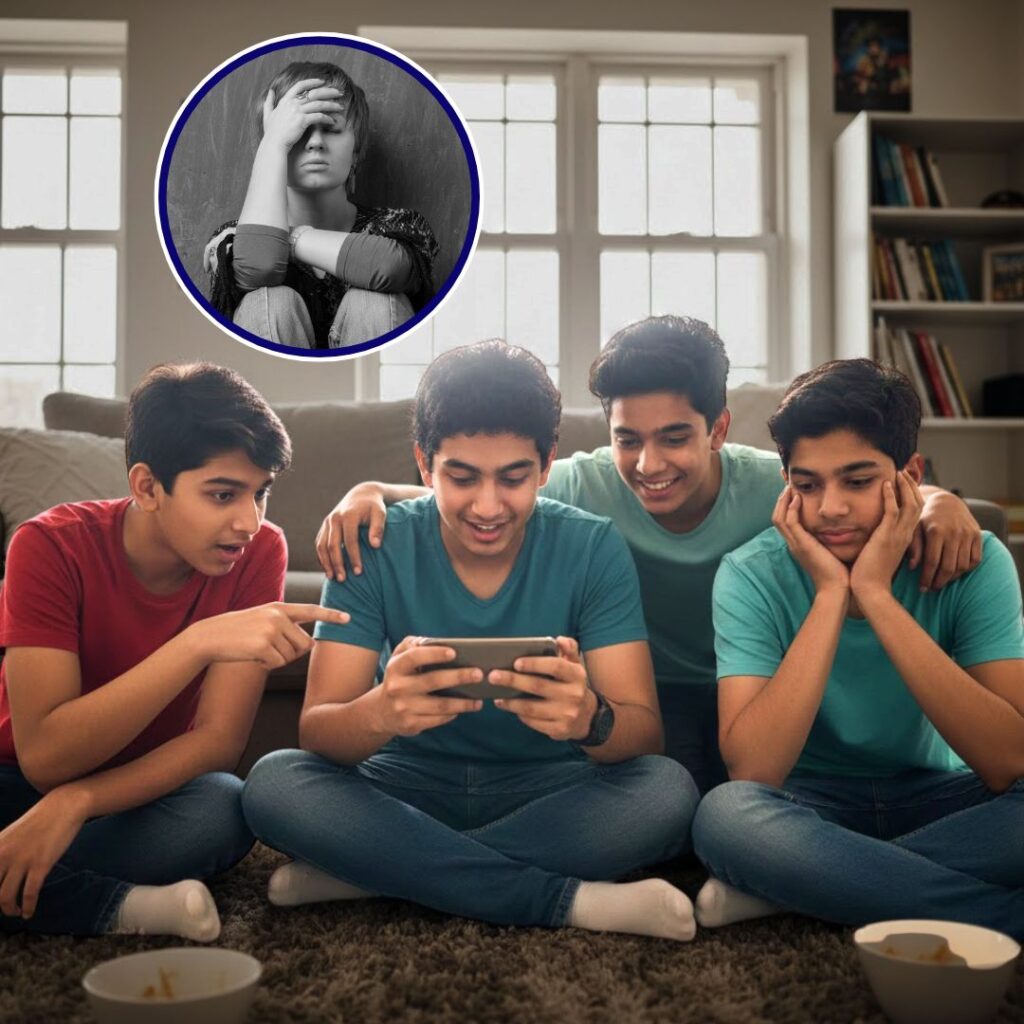Omvati is among one of Harshingar Active Women Cadres, started by Multiple Action Research Group. She showed courage and filed an RTI seeking information from the Municipal body on the issue of sanitation in her community. The RTI strongly influenced on the concerned authorities of the Municipal body which resulted in the immediate repercussion by them.
Omvati
It was early in the morning, and Omvati was not prepared for the grapple she had to face by 5-7 Municipal body workers at that moment. The workers arrived her home and started brawling and asked her why did she file the RTI. Omvati was also directed that in future if she or anyone else in the community faces such problem, it should be directly addressed to them instead of filing the RTI. They openly threatened her about her security due to which her family got scared. Her husband also had beaten her. But later her husband and neighbours supported her and also appreciated her courage. After which in each lane of that block, two MCD workers have been performing their duty (scavenging the drains).
Omvati said, “I will file more RTIs and write representations to suitable authorities to get our rights and entitlements ensured. I will not be scared of anyone. I will also help other women who want to take up similar interventions”. There are other lots of women, likewise Omvati, who have shown courage to fight for their rights and their community.
Urmila who is the another Harshingar Active Women Cadres says, “Earlier we used to walk with our ghunghat lowered in fear. But now, we even stopped an angry mob from raping a girl. We are able to speak up, convince and stand up for what is right. That is the kind of transformation that we have achieved in our lives.”
How MARG started its mission
Started in the year 1985, MARG-Multiple Action Research Group has been dedicately working since then for empowering women, encouraging them to take initiatives and enlightening them about their legal rights.
Multiple Action Research Group (MARG) NGO’s Harshingar project took an initiative to help women to overcome their worst fear by making them aware and educated about their legal rights through the active citizenship model.
It started initially in two villages in rural areas like; Daha and Shamgarh in Karnal district of Haryana, where women group in each block was mobilized and informed regarding diversified issues ranging from women’s rights and protection of women from violence Panchayati laws, right to information, food rights and other entitlements, etc. in order to encourage them to participate and engage in the process respectively.
Marg’s director conducting workshop with the HAWCs
Later, it was started in Delhi in a 250 acres slum Resettlement colony known as Savdha Ghevra, lying on the outskirts of North-West Delhi, which is 30 kms away from the nearest airport in Delhi. “It was not even in existence before the year 2006, then slums were relocated to this particular place”, said Noor Alam, a lawyer and Programme Manager at MARG Harshingar, while talking to The Logical Indian.
He added, “people crowded and waited for the one bus that took them to the city for work. Like this, if they continued to wait for each of these basic facilities to be fulfilled, their time and lives would just pass”.
Why was only Shamgarh, Daha and Savdha Ghevra selected?
“The status of women is really not good as it seems to all of us. Apart from domestic violations, Status of women, etc., there have been Transport issues, toilet problems and scarcity of water, Were the main issues particularly in these villages. So we did a survey and found non-availability of water as the most serious issue”, said Noor Alam.
The people of Shamgarh and Daha would get water through the water tankers that could not reach to all of them, the time and number of water tanker arrival were uncertain, keeping in mind the toilet facilities for each family, public toilet were made, but most of them were non-functional for a long period of time.
While sharing the irony of the people, Noor Alam said, “One person also died of struggling for getting water to drink for himself and family, as only one water tank would come for all. Meanwhile, the situation of women was also getting deteriorated because they had to wait for the whole day just to get that single pot of water”.
Women fetching water.
Savda Ghevra is a slum resettlement in Delhi falling under Mundka Ward of Municipal Corporation of Delhi (MCD), where 30,000 people used to live in. Now the number has been increased approximately to 10,000 after MARG Harshingar took an initiative towards the legal empowerment of the community.
“Since slums were relocated to the place, so, they had no idea of what community is. It took us a lot of time to educate them and make them understand about how people live in communities”, said Alam. In this context, a team of women volunteers named as …












